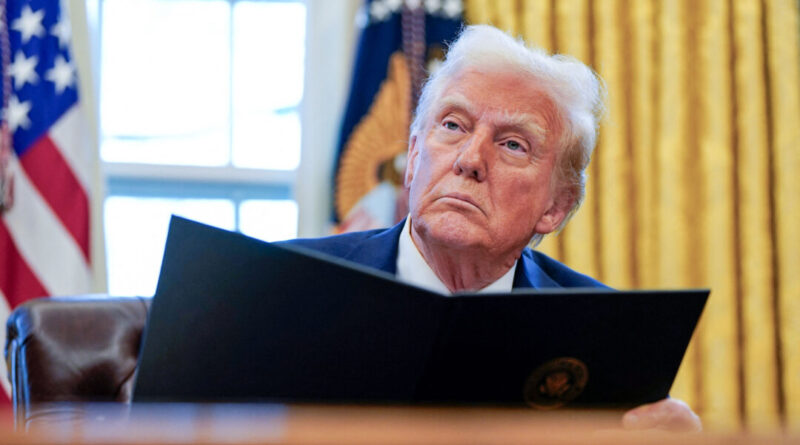Trump Recognizes Tubman, Sowell, and Thomas in Black History Month Proclamation
“Throughout our history, black Americans have been among our country’s most significant leaders,” Trump stated.
On January 31, President Donald Trump proclaimed February as Black History Month, acknowledging the impactful contributions of “black American patriots who have left an enduring mark on our Nation’s history.”
The proclamation highlighted the contributions of figures like abolitionist Frederick Douglass, social activist Harriet Tubman, economist Thomas Sowell, and Supreme Court Justice Clarence Thomas, referring to them as “American heroes” who have “significantly advanced the tradition of equality under the law in our great country.” Trump noted that these leaders continue to serve as an inspiration to all Americans.
Dedicating recognition to the successes of professional golfer Tiger Woods, Trump described him as one of the “American greats” who have “pushed the limits of excellence in their fields” and opened doors for others.
The president expressed his “immense gratitude” to black Americans for “all they have contributed to bring us to this moment” and for any future contributions they will make as the nation moves “into a future of boundless possibility” under his leadership.
All Americans, including public officials, educators, and librarians, were encouraged to observe this month “with suitable programs, ceremonies, and activities,” as stated in the proclamation, with no further details provided.
The Pentagon clarified that service members are permitted to attend such events informally outside of duty hours, while installations and offices are also encouraged to celebrate the accomplishments of military heroes of all races and genders.
This initiative later achieved broader recognition, with President Gerald Ford being the first to issue a message in 1976 acknowledging Black History Month to celebrate the contributions of black Americans.
When asked by reporters on January 29, White House press secretary Karoline Leavitt indicated that the Trump administration intends to continue honoring Black History Month.




